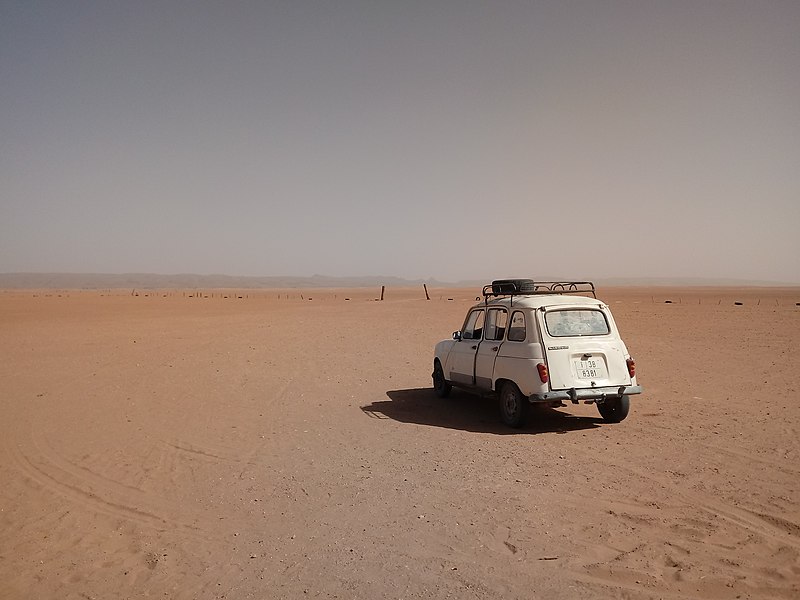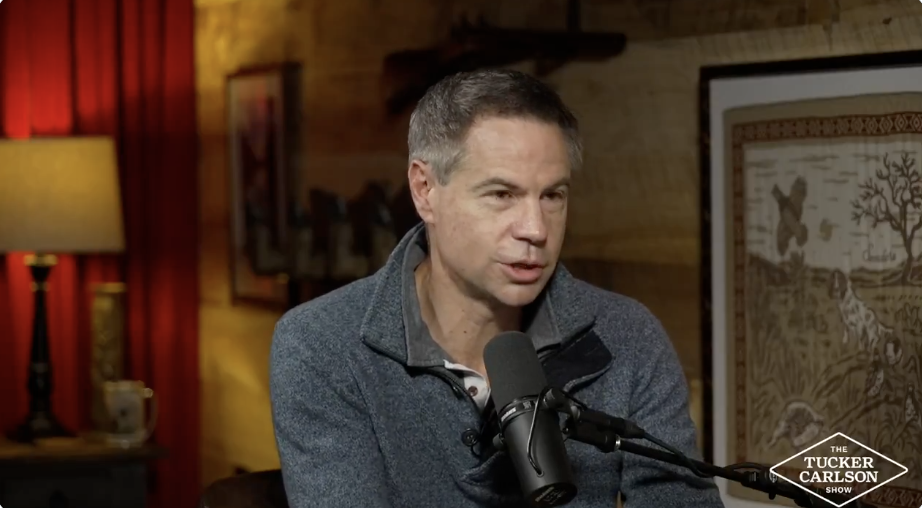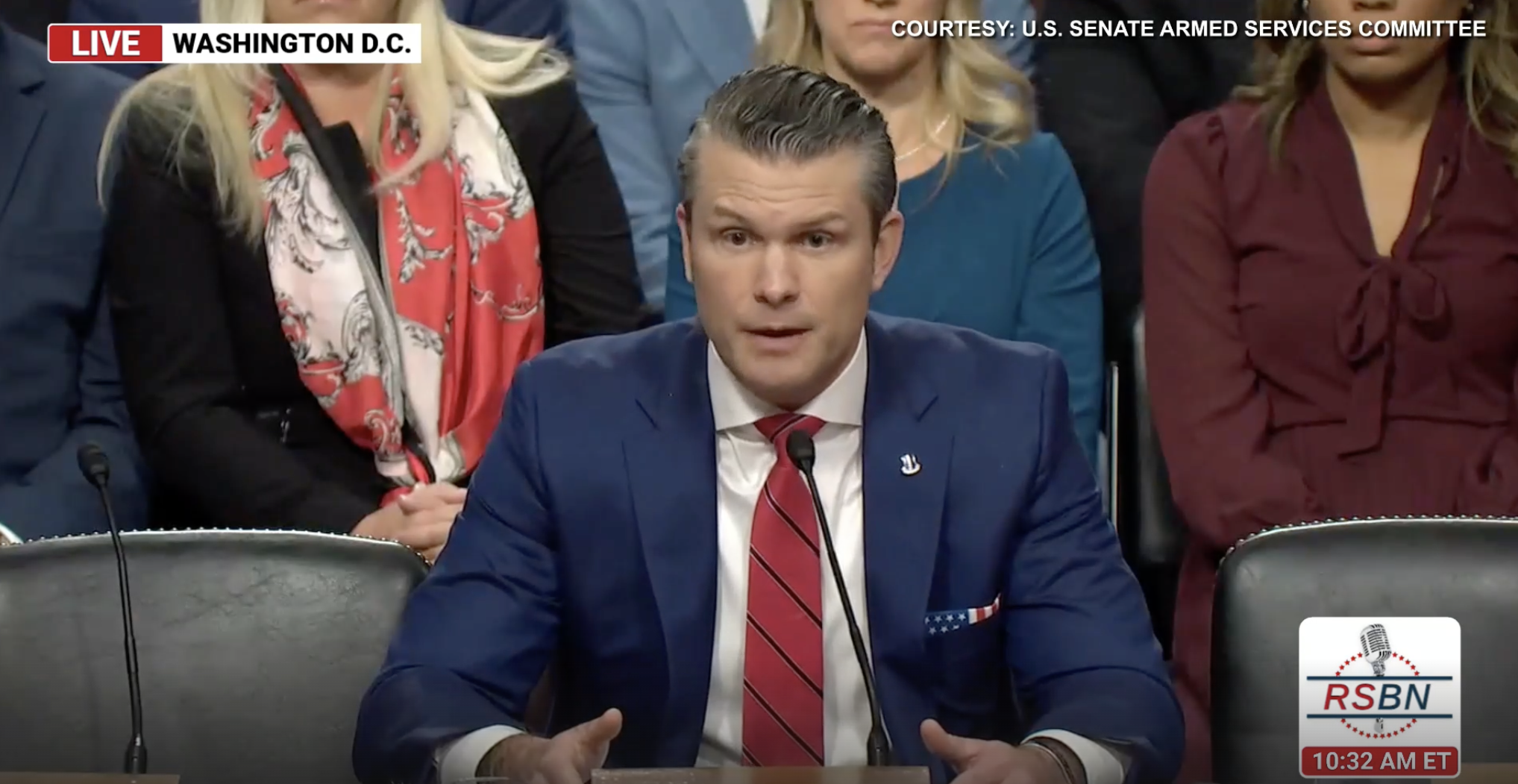
Renault 4GTL as captured in the Moroccan desert. It is used for transport of goods and people to the tourist camp
Big wheels keep on turning in Morocco. While other countries in the region battle poor governance or insurgents -- Morocco’s development is moving into second gear. Morocco’s emergence as an important hub in the global automotive supply chain has helped the country rapidly develop a solid industrial base.
Morocco has quickly developing into one of Africa’s economic stars. The French automaker PSA Peugeot Citroën opened the doors this month to a new $630 million dollar automotive factory in Morocco.
The facility is located at the Kenitra’s Atlantic Free Zone, near Rabat. The facility is the latest in a series of similar facilities that have opened in Morocco in recent years. Other industrial plants have been opened by Renault, Bombardier, and dozens of other manufacturers have moved to the country in recent years.
PSA Peugeot Citroën signed an agreement with Morocco prior to the beginning of construction in 2016. Morocco’s government and its king haven taken great strides to make Morocco emerge as an automotive hub. Indeed King Mohammed VI personally chaired the 2015 signing ceremony attended by Carlos Tavares who is the CEO of PSA Peugeot Citroën.
The plant is expected to generate 4,500 jobs and a further 20,000 jobs indirectly. Currently the automotive industry in Morocco employs roughly 85,000 people, well on track to meet the target of 90,000 by the end of 2020 designated half a decade ago.
The automotive industry make up 25% of Morocco’s exports (behind only phosphates in its impact to the economy). In 2012, Morocco passed Egypt as the largest automotive producer in North Africa. In 2017, Morocco passed South Africa to become the leading producer of automobiles on the continent.
PSA now plans for the factory to produce 200,000 vehicles a year – more than double a projection made in 2015.
PSA hopes to sell 1 million vehicles in Africa and the Middle East in 2025. Some 200,000 of those sales are projected to come within Morocco alone. Africa is slated to beome PSA’s second largest market outside Europe after China. The government of Morocco hopes the kingdom will be producing a million vehicles a year by 2025 with most production targeted for export.
Morocco’s Atlantic location allows its industries access to Africa, European and (potentially) North American markets. At their narrowest, the Straights of Gibraltar are separated by a mere 14.3 kilometres. However, the kingdom's growing status as an automotive hub is due to more than just its strategic location.
Morocco’s skilled labour force and the government’s commitment to supporting the export industry are one reason it is successful. Morocco has invested in vocational training – a key topic of a speech given by His Majesty the King last August.
Morocco’s two export processing zones offer generous terms for companies keen to export. Companies hoping to set up in the industrial free zone can enjoy 25 years of tax exemptions if certain conditions are met. This is on top of a five-year corporate tax exemption as well as a VAT exemption. Such companies are also entitled to subsidies to support land purchases for the building of industrial facilities. There is also a 30% rebate on the investment costs of industrial facilities.
Compare this with Ghana, another country attracting automotive producers in West Africa and of roughly similar size. Ghana’s population is nearly 30 million. Morocco’s is 35 million. Ghana’s free zones offer new companies tax holiday of 10 years on top of other incentives. Furthermore, Ghanaians car buyers must overcome a car loan interest rate of almost 26% -- a disincentive to local car buyers.
Global companies have taken notice of Morocco's success story.
No wonder that Renault, another French automotive company, opened its a mega factory near Tangier to build low-cost vehicles in 2012. German automotive maker Volkswagen is rumored to be considering a venture of its own in Morocco.
























